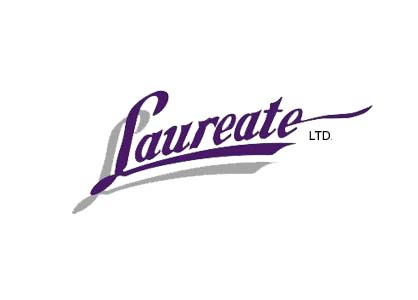Denver has a renter percentage of almost 50%. That's a lot of people who are living in (and looking for) rental properties to call home. Because of this, real estate investing in Denver is quite lucrative.
New landlords have a lot to learn when it comes to managing their investments. One thing they need to learn about is security deposits.
We're here to talk all about the basics of security deposits so you're ready to start taking in tenants. Read on to learn more.
What Is a Security Deposit?
If you've never rented before, or if you've never rented with a landlord that required a security deposit, you might be wondering what they are in the first place. What is a security deposit, what is it for, and why is it beneficial?
A security deposit is a sum of money that you can collect from your new tenants at the beginning of their lease term. The cost of the deposit varies (more on that later) and the tenant, in most cases, gets it back at the end of their stay on your property.
A security deposit is not the same as a pet deposit. It's more like a damage deposit and it's how a tenant claims the property before they move in.
For landlords, this is beneficial because the deposit will pay for any potential damage that the tenant does to the property. Most tenants are fantastic, but even the best tenant may cause accidental damage and landlords can use that money to cover it.
For tenants, they don't have to pay out of pocket for any potential damage. They also have the incentive to keep the unit in good condition so they can get their money back to put toward their next home.
How Much Should You Charge for a Security Deposit?
To be clear, landlords don't have to require a security deposit at all. While these deposits are beneficial, it's not uncommon for landlords to waive a deposit in certain situations, like if they're trying to attract new tenants after an extended vacancy.
In Colorado, there is no set upper limit for how much a landlord can set their security deposit. With that in mind, it's in your best interest to make it reasonable. Tenants will go elsewhere if they can't afford the upfront cost of a security deposit.
Most landlords charge one month's rent for the security deposit, give or take. Going slightly over or under is also common.
Do Landlords Have to Refund Security Deposits?
In most cases, landlords must return security deposits within 60 days of the tenant leaving as long as they followed the terms of the lease and did not cause damage.
Normal wear and tear does not count as damage. This means that anything that could happen despite a tenant taking good care of the property won't qualify. Faded paint and compressed or faded carpets, for example.
If you want to retain some or all of the security deposit, you must put your reasoning on paper for the tenant. The tenant can fight it if they deem it unfair, so make sure that you really deserve the deposit.
Security Deposits Are Simple
Collecting (and returning) security deposits is just one of your jobs as a landlord. Remember, they protect both you and your tenants, and your tenants fully expect to pay them. As long as your deposit is reasonable, your tenants won't mind paying.
Are you looking for help with security deposits and other aspects of managing your property? Why not hire a property management team?
Contact us today and get a free rental price analysis so we can start working together.



